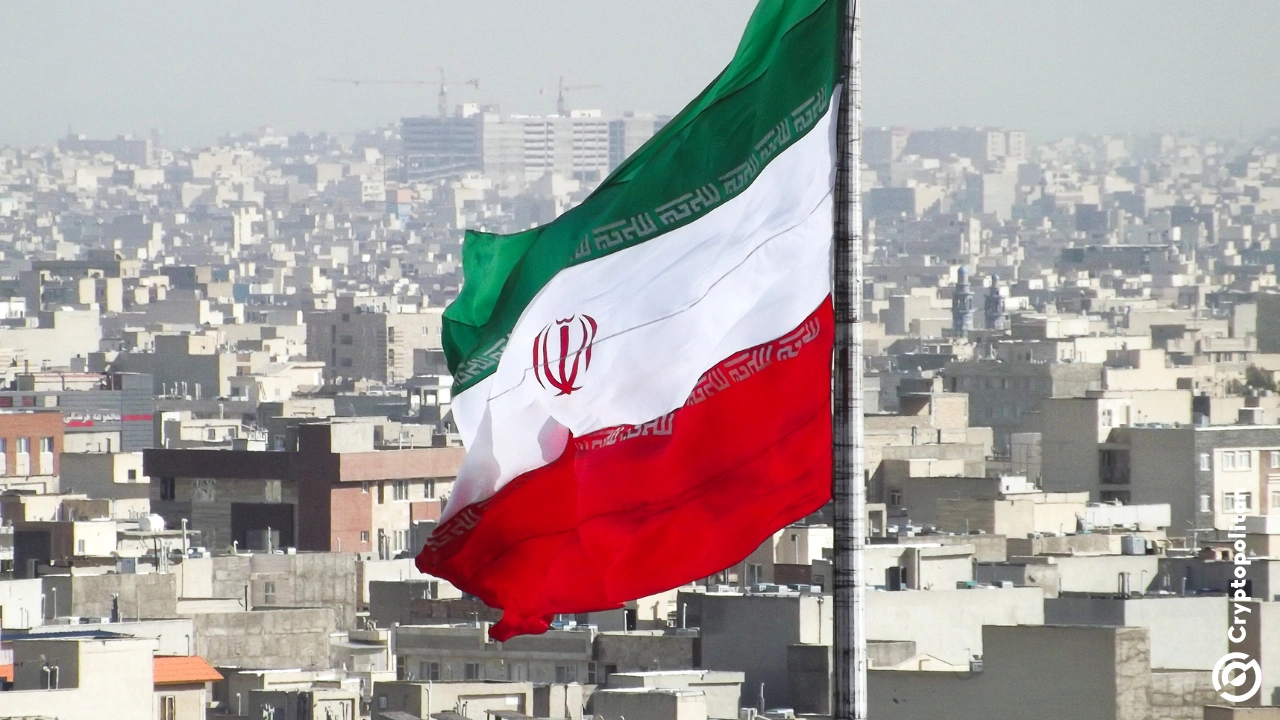United Nations penalties will return on Iran tonight after the Islamic Republic failed to meet conditions set by the UK, Germany and France.
The three governments triggered the “snapback” clause of the 2015 nuclear deal last month, giving Tehran 30 days to comply. That deadline expires Saturday night, according to the Financial Times.
The E3 powers wanted Tehran to restart talks with Washington, resume cooperation with the International Atomic Energy Agency, and account for a 408-kilogram uranium stockpile enriched close to weapons grade.
Russia and China attempted to extend the timeframe by sponsoring a UN Security Council resolution on Friday, but only four of the body’s 15 members voted in favor. With no extension agreed, the sanctions return automatically.
Iran refuses US talks and challenges Western demands
Despite a week of UN meetings in New York, European and Iranian officials left without progress. The E3 said Iran would not allow international inspectors into its main nuclear sites. Supreme Leader Ayatollah Ali Khamenei dismissed negotiations with the United States, saying they would show “surrender” and “disgrace.”
Iranian leaders placed blame on Washington and European capitals. President Masoud Pezeshkian said Tehran would respond to sanctions but would not leave the Non-Proliferation Treaty, despite pressure from hardliners.
“Certain people inside the country think that we certainly should leave the NPT . . . but the supreme leadership held steadfast . . . and that’s our official policy,” Pezeshkian said in New York. “But if they implement the snapback mechanism and subsequent mechanisms, then we need to know how to respond.”
Officials in Tehran added that they may again halt cooperation with the IAEA and stop talking with the E3 altogether. The snapback process is part of the 2015 nuclear agreement signed by Iran, the E3, the Obama administration, Russia and China.
That accord has been near collapse since Donald Trump, now back in the White House, withdrew during his first term and reimposed waves of sanctions.
Attacks, uranium enrichment and mistrust deepen standoff
Following Washington’s withdrawal, Tehran expanded its nuclear program and enriched uranium to 60%, close to weapons grade. European powers remained in the deal but were accused of failing to provide sanctions relief.
Meanwhile, US measures cut Iran off from global finance and worsened its economic crisis.
Indirect talks between Trump’s administration and Iran were scheduled for a sixth round earlier this year, but they collapsed when Israel launched a 12-day war in June. Those strikes, joined briefly by the US, destroyed several nuclear sites just 48 hours before negotiations were due to start.
Trump later said Iran’s nuclear program had been “obliterated.” Western diplomats countered that the sites were damaged but not destroyed, but they did admit to uncertainty over the fate of the 408 kilograms of enriched uranium.
After the strikes, Tehran suspended cooperation with the IAEA. A preliminary deal was reached this month with the UN watchdog on a “new modality” of inspections, but European diplomats said it was inadequate because it excluded access to the main facilities.
Pezeshkian admitted the mistrust was severe. “The wall of mistrust that has been created between us and the Americans is quite thick and quite high,” he said. “Every step that we take forward, they [US] take two steps back and add more conditions. First show us your sincerity and your good will and we will take two steps towards you.”
Don’t just read crypto news. Understand it. Subscribe to our newsletter. It’s free.
This articles is written by : Nermeen Nabil Khear Abdelmalak
All rights reserved to : USAGOLDMIES . www.usagoldmines.com
You can Enjoy surfing our website categories and read more content in many fields you may like .
Why USAGoldMines ?
USAGoldMines is a comprehensive website offering the latest in financial, crypto, and technical news. With specialized sections for each category, it provides readers with up-to-date market insights, investment trends, and technological advancements, making it a valuable resource for investors and enthusiasts in the fast-paced financial world.
